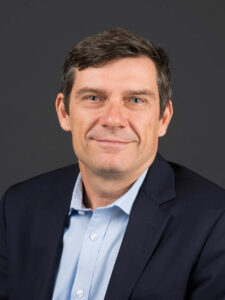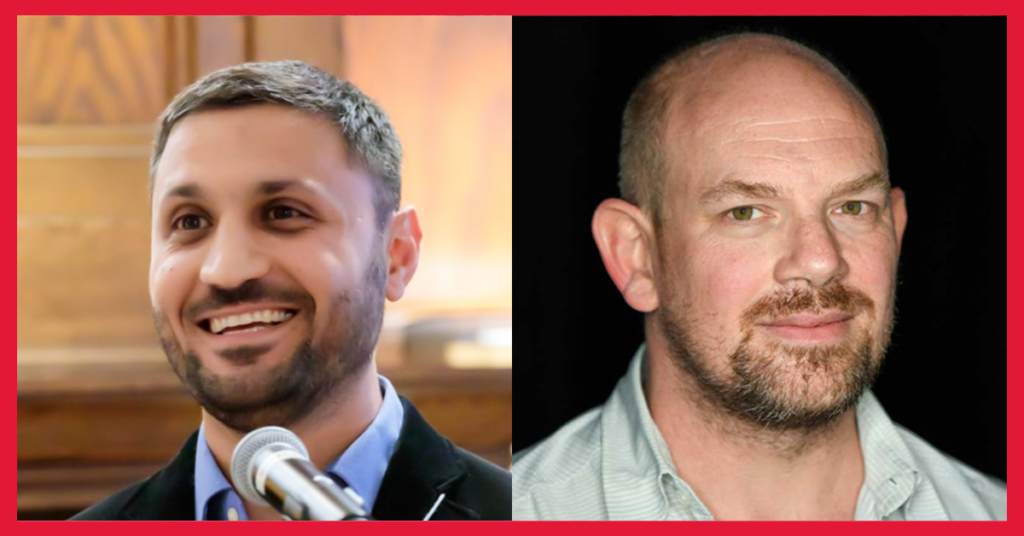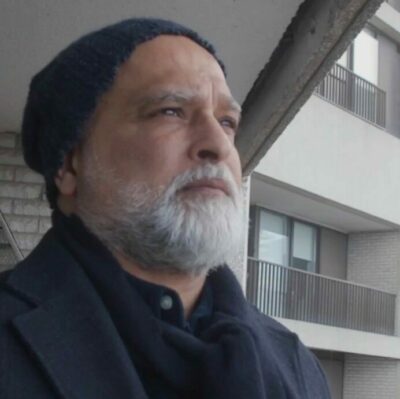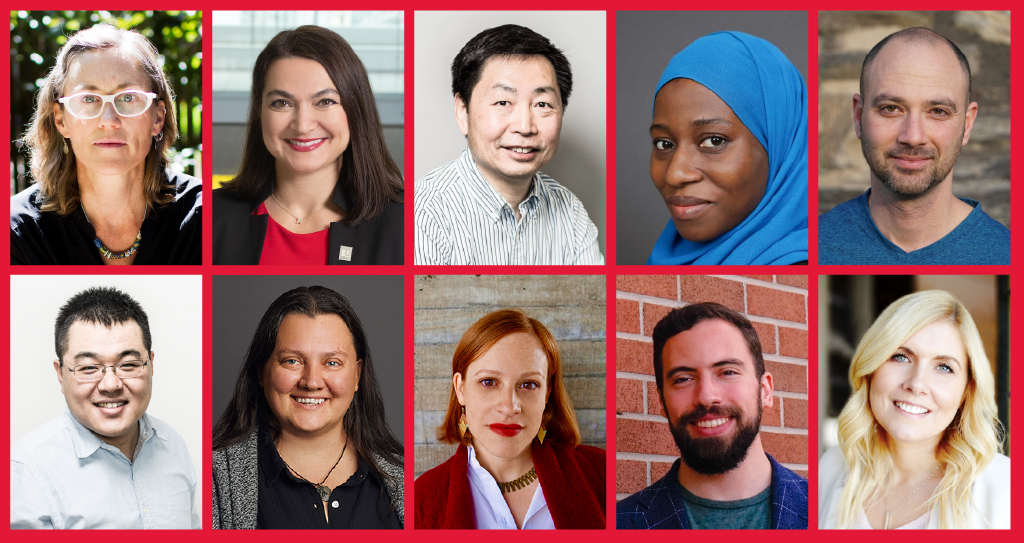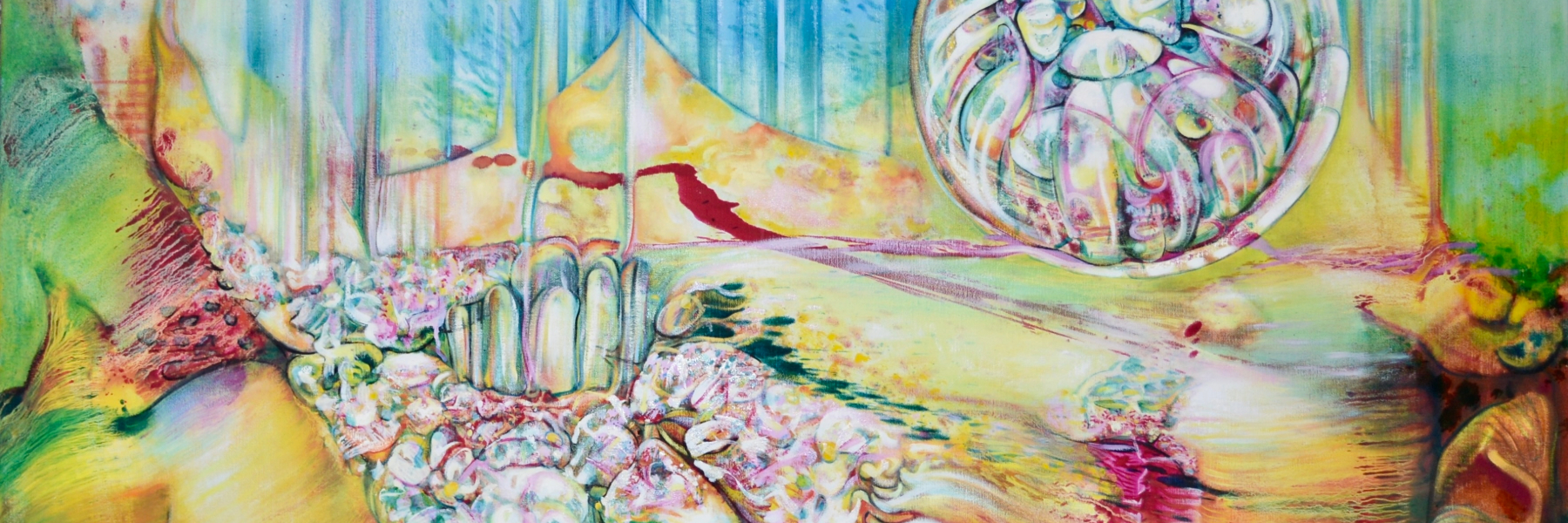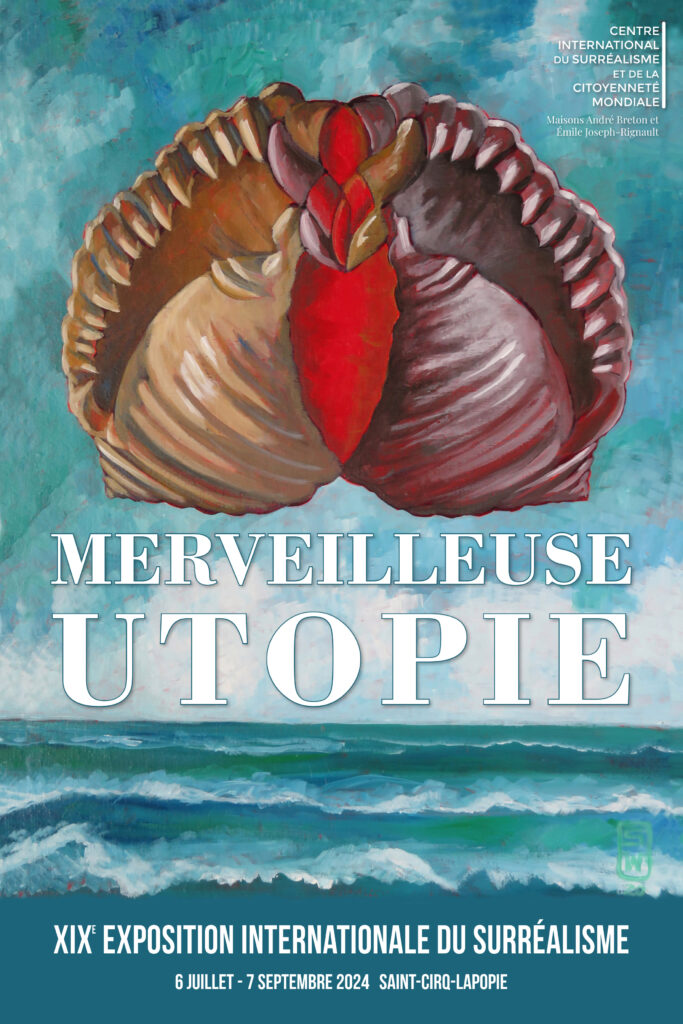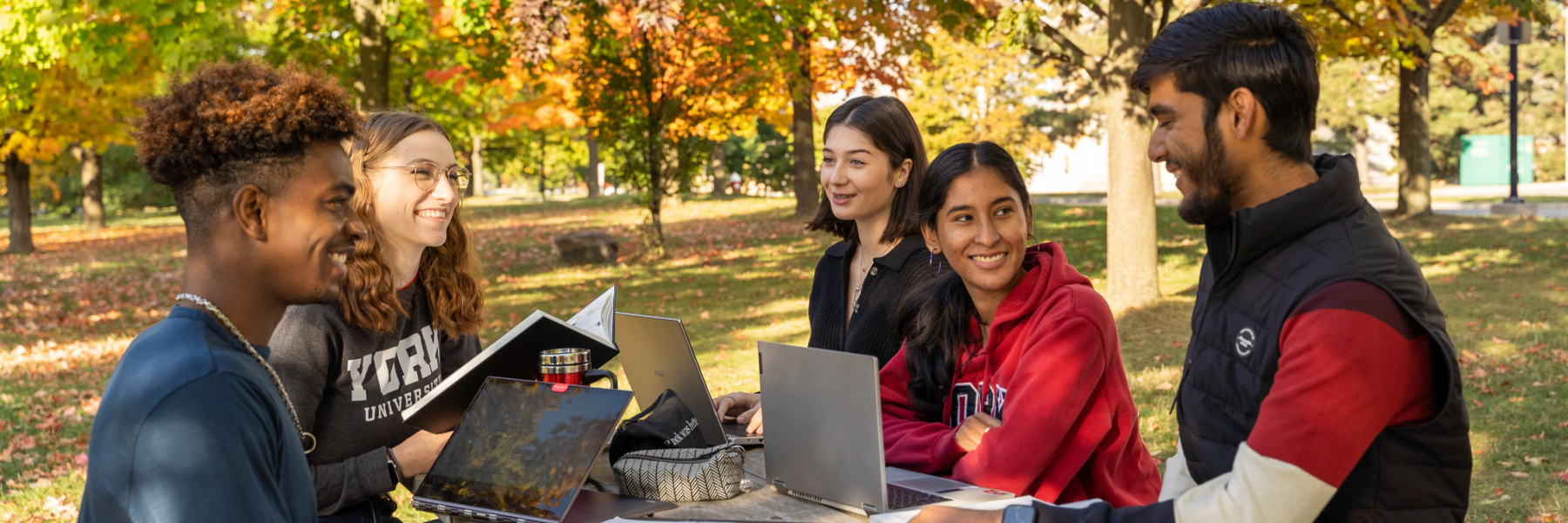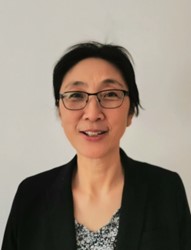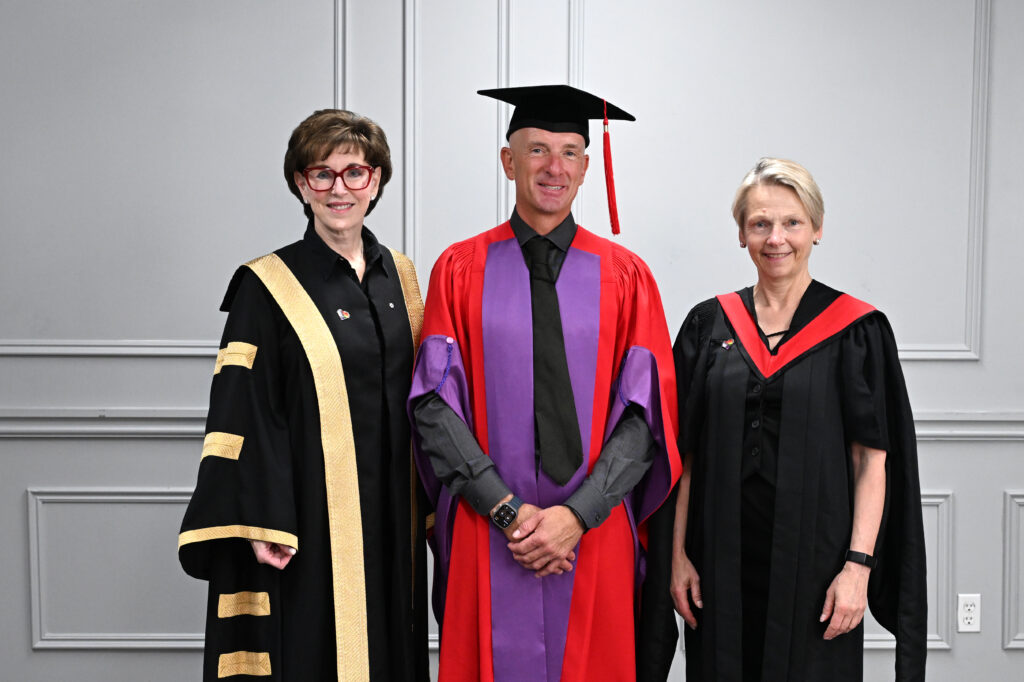Six York University community members are among the 83 new appointments to the Order of Canada, one of the country’s highest honours that recognizes individuals whose contributions, achievements and innovations have made a positive impact on communities throughout Canada.
The newly appointed York University individuals include one officer and five members.
Officer
Vaira Vike-Freiberga (LLD ’08), honorary degree recipient
Vike-Freiberga was the sixth president of Latvia and the first woman to serve as president of the country. She was instrumental in Latvia’s entry into the North Atlantic Treaty Organization and the European Union. She was also appointed special envoy on United Nations (UN) reform in 2005 and an official candidate for the post of UN secretary general in 2006. She continues to advocate for human rights, protecting democracy and empowering female leaders around the world.
Members
Bruce A. Lourie (MES ’87, PhD ’19), alumnus
Lourie is an entrepreneur, president of the Ivey Foundation and an influential leader in climate change and sustainability. Throughout his career, he has founded several organizations dedicated to climate change and environmental health. He also initiated the campaign to shut down coal-fired power plants in Ontario, which was considered the largest climate action in North America. In 2015, Lourie received a York University Alumni Award for Outstanding Achievement.
E. Michael Perley (BA ’70), alumnus
Perley has dedicated his past 40 years to addressing environmental and health challenges. As director of the Ontario Campaign for Action on Tobacco, he advocated for legislation that would limit second-hand smoke and support the decrease of tobacco use. He was also a driving force behind significant legislative changes in Canada and the U.S., thanks to his leadership in coalitions on acid rain and air pollution.
Michael Creal, professor emeritus
Creal is an educator, activist and faith leader. In 1965, he was appointed a professor of humanities at York University and he has since played a crucial role in the development of the University and its programs, including the Centre for Refugee Studies. He is also a founder and leader of the sanctuary movement in Canada and has contributed to several journals and newspapers. His dedication to supporting historically marginalized people and refugees is evident through the various initiatives he has participated in throughout his career.
Susan Elizabeth Lang (LLB ’74), alumna
Lang was the first woman to become president of the Canadian Superior Courts Judges Association and is the co-founder of an all-woman law firm. She has served as a judge in Ontario’s Superior Court of Justice from 1989 to 2004 and Court of Appeal from 2004 to 2013. As the leader of the Motherisk Hair Analysis Independent Review, she has influenced how scientific evidence is handled and inspired the Ontario Forensic Laboratories Act, the first legislation of its kind in Canada.
Wiliam James Gordon Kirby, former visiting professor
Kirby is the founder and executive director of the Centre for Contemporary Canadian Art. He is also recognized for developing the Canadian Art Database and for his archival work, which has contributed to the recognition of contemporary Canadian art and artists.
For more information about the Order of Canada program, visit gg.ca/en/honours/canadian-honours/order-canada.




